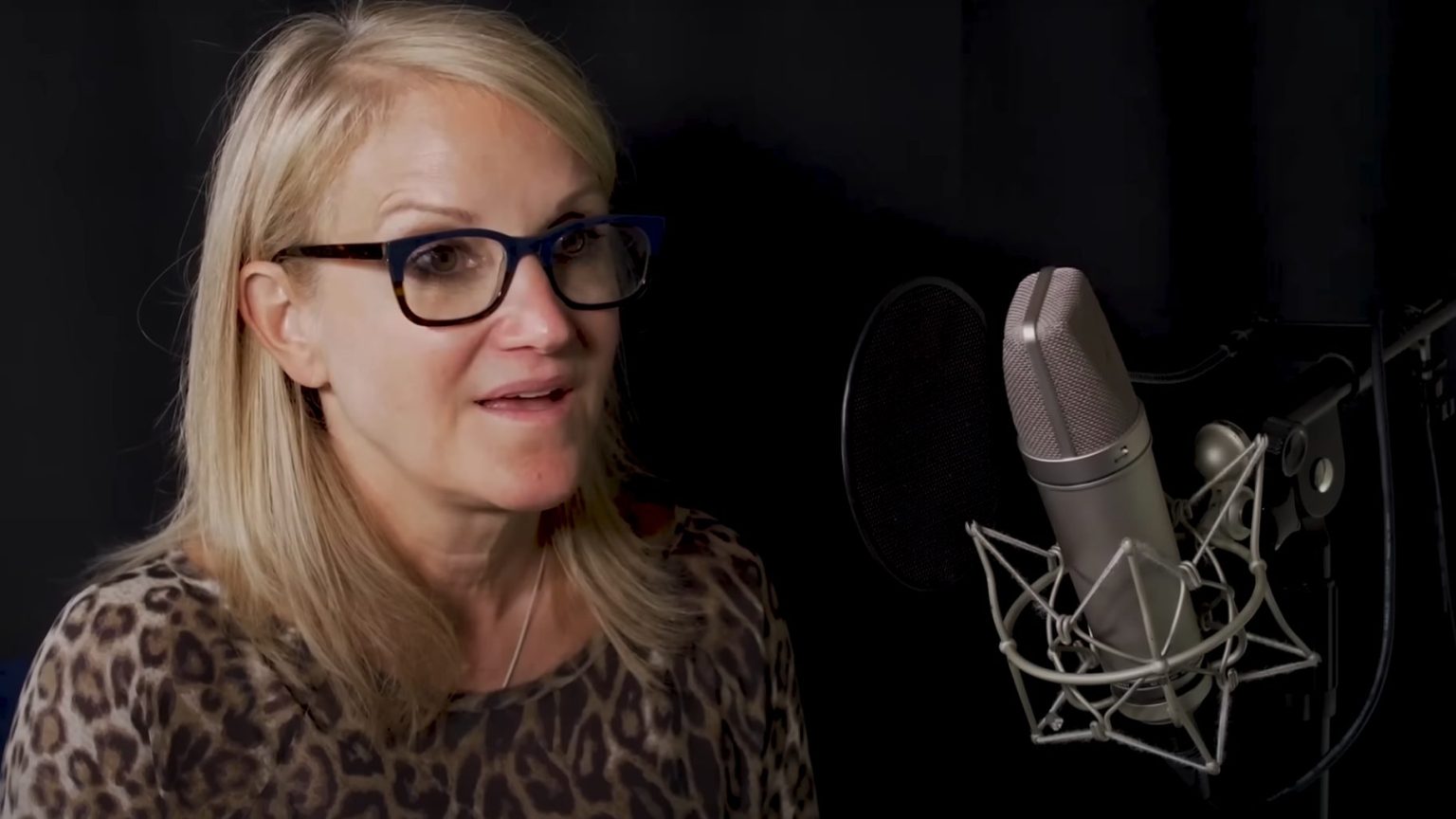We’re often taught a myriad of skills to succeed in our careers. But there’s one crucial skill that’s rarely discussed, yet it’s the most important on the planet when it comes to both our professional and personal lives. It’s the art of treating your job like a relationship. Mel Robbins talked about this in the clip below.
Think about it for a moment. You date your job. Yes, you read that right. Your career is not just a series of tasks and paychecks; it’s a complex, dynamic relationship that requires nurturing, communication, and mutual understanding. And just like any meaningful relationship, it’s not a one-way street.
The Two-Way Street of Career Satisfaction
When you find yourself unhappy in your job, it’s crucial to understand that one of two things is happening:
- You’re with the wrong “person” (company or boss) whose energy is toxic and unlikely to change.
- You’re not showing up fully in your role.
Let’s break this down further. In the first scenario, you might be in a situation where your employer treats you poorly, taking their unresolved issues out on you. It’s like being in a toxic romantic relationship – it’s not your fault, but it’s your responsibility to recognize it and make a change.
In the second scenario, you might not be communicating your needs effectively or failing to check in on how you’re doing and what your “partner” (employer) needs from you in this role. This lack of communication can lead to a breakdown in the relationship, just as it would in a personal partnership.
Learning from Past “Relationships”
Reflecting on my own experiences and those I’ve observed, I’ve noticed a pattern. In the first two jobs many of us have, we often end up in relationships with employers who aren’t truly available. They might promise commitment, but when things change, they bail. Sound familiar? It’s like dating someone who says they want a serious relationship but isn’t ready for one.
Here’s the important part: This isn’t on you. You simply picked someone who wasn’t ready for the commitment you were seeking. It’s a valuable learning experience, not a personal failure.
The Genius Move: Finding the Right Match
After these initial experiences, many of us make a genius move. We seek out a company that aligns with our values and long-term goals. We clearly communicate our needs and desires for a long-term commitment. When they respond positively, it feels like we’ve found “the one.”
But here’s where things can still go wrong. Even in the right company, you might be assigned to work with someone who doesn’t mesh well with your working style or needs. This is where the real work of maintaining a healthy “work relationship” begins.
The Crucial Elements of a Healthy Work Relationship
To maintain a healthy work relationship, consider these key elements:
- Regular Communication: Discuss your needs, progress, and challenges.
- Mutual Understanding: Seek to understand your employer’s needs as well.
- Feedback Loop: Create an environment where both parties can give and receive constructive feedback.
- Adaptability: Be willing to adjust and grow as the relationship evolves.
Remember, in today’s world, everyone is busy, stressed, and juggling multiple responsibilities. Your supervisors and colleagues are no exception. It’s crucial to maintain open lines of communication to ensure everyone’s needs are being met.
The Early Career Conundrum
If you’re in the early stages of your career, here’s a liberating truth: you cannot be expected to know everything. This realization is both freeing and empowering. It means you have room to grow, learn, and develop within your role and the organization.
Instead of pretending to have all the answers, embrace your position as a learner. Be open about what you don’t know, and show enthusiasm for acquiring new skills and knowledge. This approach not only helps you grow but also endears you to employers who value curiosity and a growth mindset.
The Power of Vulnerability in Your Work Relationship
One of the most powerful things you can do in any relationship, including your work relationship, is to be vulnerable. This doesn’t mean oversharing personal information or being emotionally unstable. Rather, it means being honest about your capabilities, your struggles, and your aspirations.
When you’re new to a role or an industry, admitting what you don’t know can feel scary. But here’s the truth: it’s far more valuable to an employer to have an employee who’s honest about their limitations and eager to learn than someone who pretends to know it all and makes mistakes as a result.
Nurturing Your Work Relationship
Just as you would nurture a personal relationship, your work relationship requires ongoing care and attention. Here are some strategies to keep your work relationship healthy:
- Regular Check-ins: Schedule time with your supervisor to discuss your progress, challenges, and goals.
- Seek Feedback: Don’t wait for annual reviews. Ask for feedback regularly and act on it.
- Show Interest: Express genuine interest in your company’s goals and your team’s projects.
- Be Proactive: Anticipate needs and offer solutions before being asked.
- Celebrate Successes: Acknowledge team wins and individual achievements.
By treating your job as a relationship, you’re not just performing tasks; you’re building a partnership. This mindset can transform your career trajectory, leading to greater job satisfaction, improved performance, and better long-term prospects.
The Bigger Picture: Career as a Journey of Relationships
When we zoom out and look at our entire career path, we can see it as a series of relationships. Each job, each role, each company is a new relationship that teaches us something about ourselves, our preferences, and our working style.
Some of these relationships will be short-term, others long-term. Some will be challenging, pushing us to grow in ways we never expected. Others will be nurturing, providing the support we need to flourish. Each one, regardless of its duration or nature, contributes to our professional growth and personal development.
A Call to Action: Reassess Your Work Relationships
As we wrap up this discussion, I want to challenge you to reassess your current work relationships. Are you treating your job like a meaningful relationship? Are you communicating effectively, showing up fully, and nurturing the partnership?
If not, it’s time to start. Begin by having an honest conversation with your supervisor about your role, your performance, and your aspirations. Be open to feedback and be willing to make changes where necessary.
Remember, the most important skill on the planet isn’t coding, or marketing, or financial analysis. It’s the ability to build and maintain healthy relationships – in your personal life and your career. Master this skill, and you’ll not only find greater satisfaction in your work but also open doors to opportunities you never imagined possible.
Your career is a journey of relationships. Make each one count.







